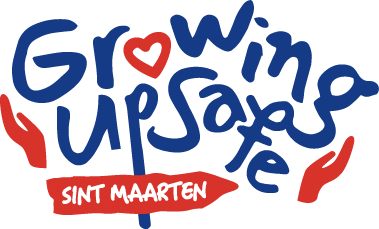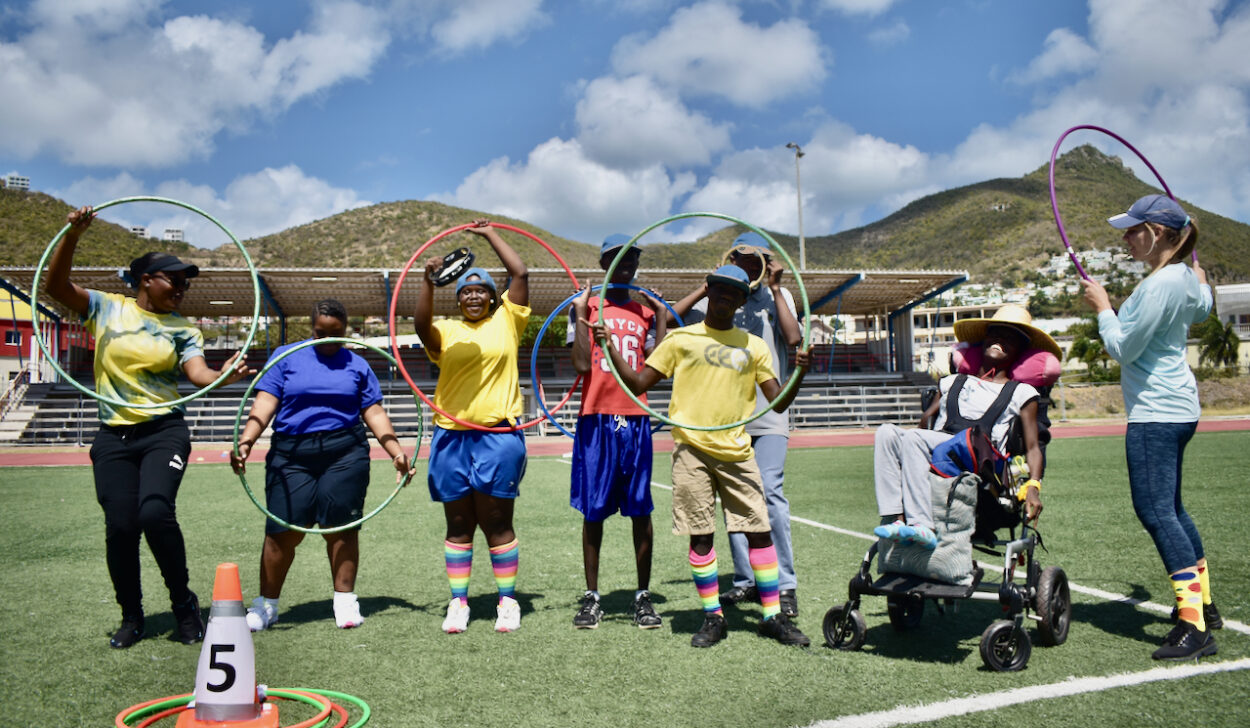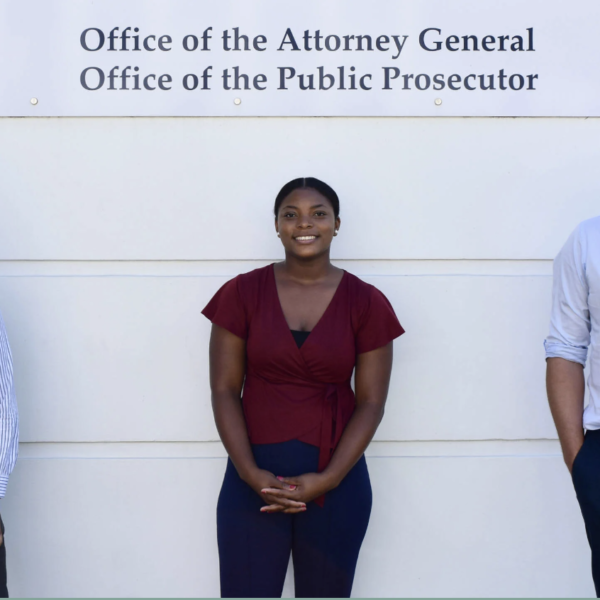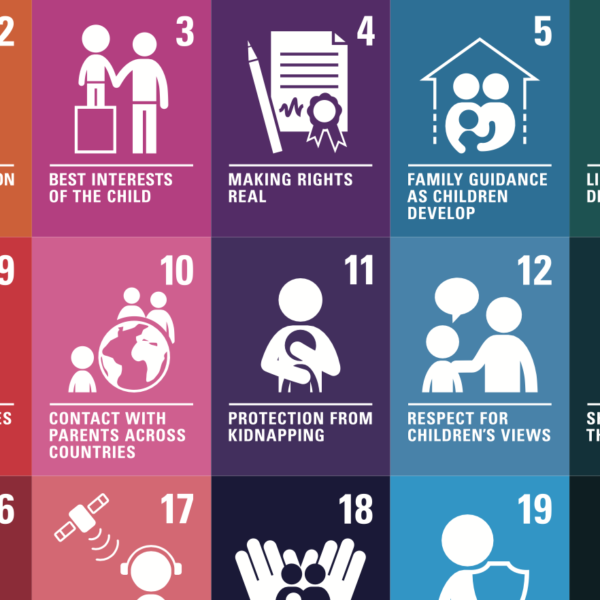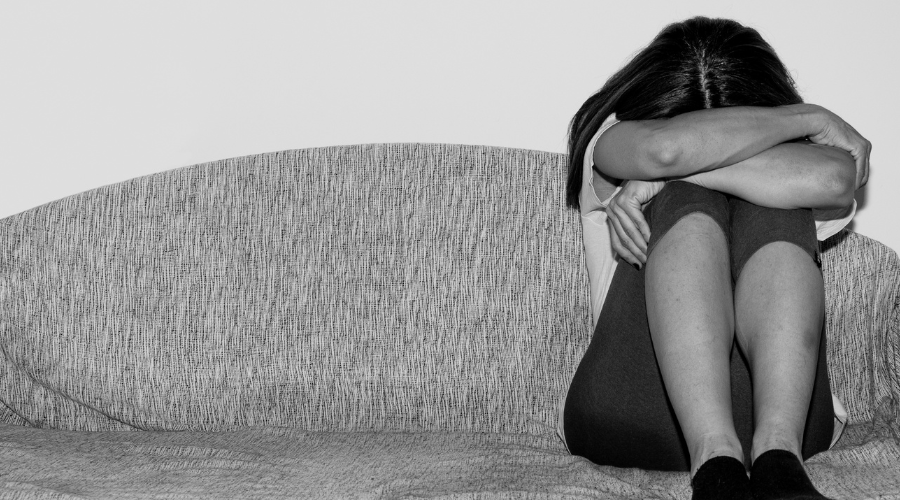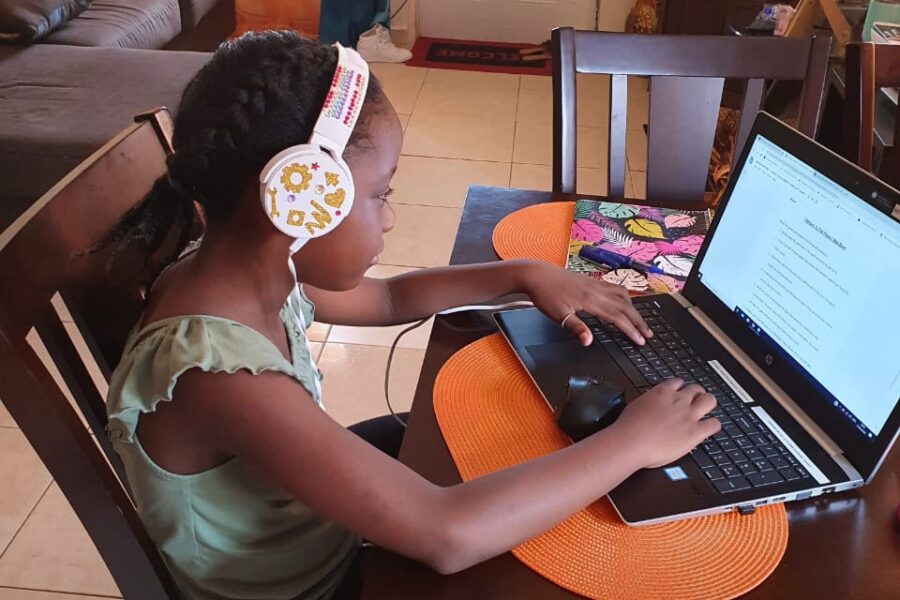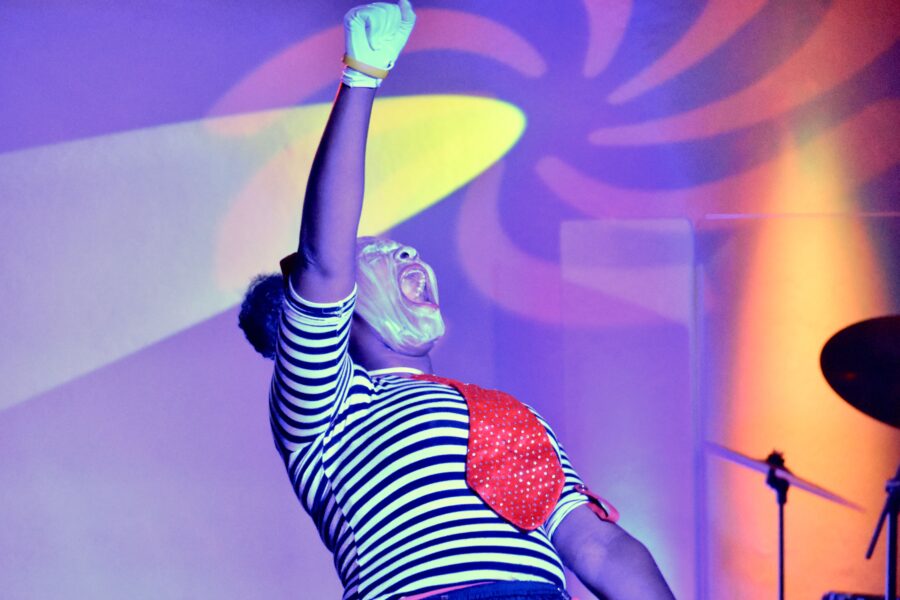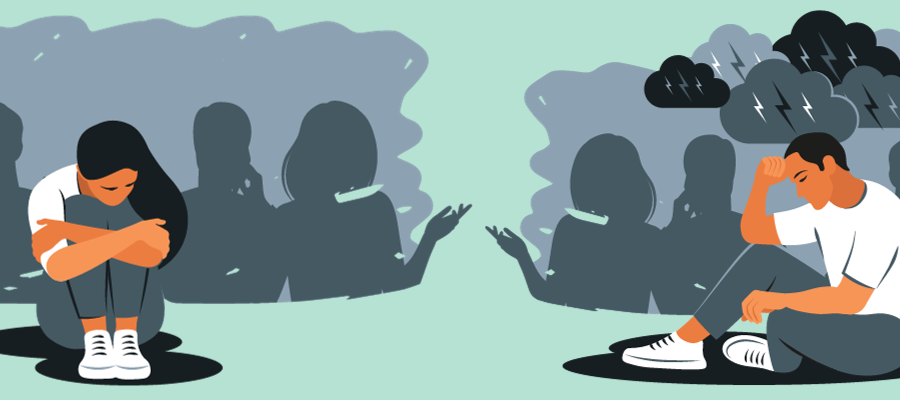One of the goals of The Sister Basilia Center is to provide a safe place for children with disabilities and to encourage them to express and develop themselves in a way that suits them. What would especially help to improve their position is greater acceptance of people with disabilities in society, according to Mimi Hodge and Eridania Millers.

“We all want to be treated with respect and dignity. For persons with disabilities, this is no different,” states Mimi Hodge, who is the department head at the Sister Basilia Center (SBC). The SBC, founded in August 1984, is a department within the White and Yellow Cross Care Foundation. The department provides a Day Activity Center, Night Care and Guided Living, which caters to those with cognitive disabilities.
The vision of the SBC is that “every individual with a disability should be treated with dignity and equality and should be given the opportunity to develop to their full potential.” To reach this goal, the SBC has a full team with group leaders, doctors, nurses, psychologists, social workers, speech therapists, and physical therapists. Mimi: “The group leaders are integral to the work that we do. They spend the most time with our clients and help keep them on track.”
Eridania Millers is one of those group leaders. She works with some of the centre’s younger clients. “I hope that our community becomes more accepting of people with disabilities.
This also means learning how to include them in our society more actively”. Of its 70 clients, the SBC caters to 36 children, with the youngest being four years old.

What are some of the children’s rights that the SBC upholds?
Eridania: “A safe environment, education, protection from violence, freedom of expression, right to privacy, social inclusion, and the list goes on!”
Can you describe some of the children that you work with?
Eridania: “In my group, I have seven clients between 14 and 21 years old with a range of cognitive impairments, including Autism, Down Syndrome, Cerebral Palsy and Wiedemann-Steiner Syndrome. For example, our client with cerebral palsy is wheelchair-bound and cannot move physically. However, you can see that she actively participates with her eyes. Others can’t speak but have their unique way of communicating. It is all about creating a bond and working on skills together.”
What kind of skills do you teach the children in your group?
Eridania: “Our Daily Activity Center runs from 8 a.m. to 3:30 p.m. We have a wide range of skills that we teach, all planned according to each individual’s ‘care plan’ and personal goals. We want them to be as independent as possible and teach life skills such as cooking, washing, folding, self-help and also academic, exercise, sensory, and communication skills.”
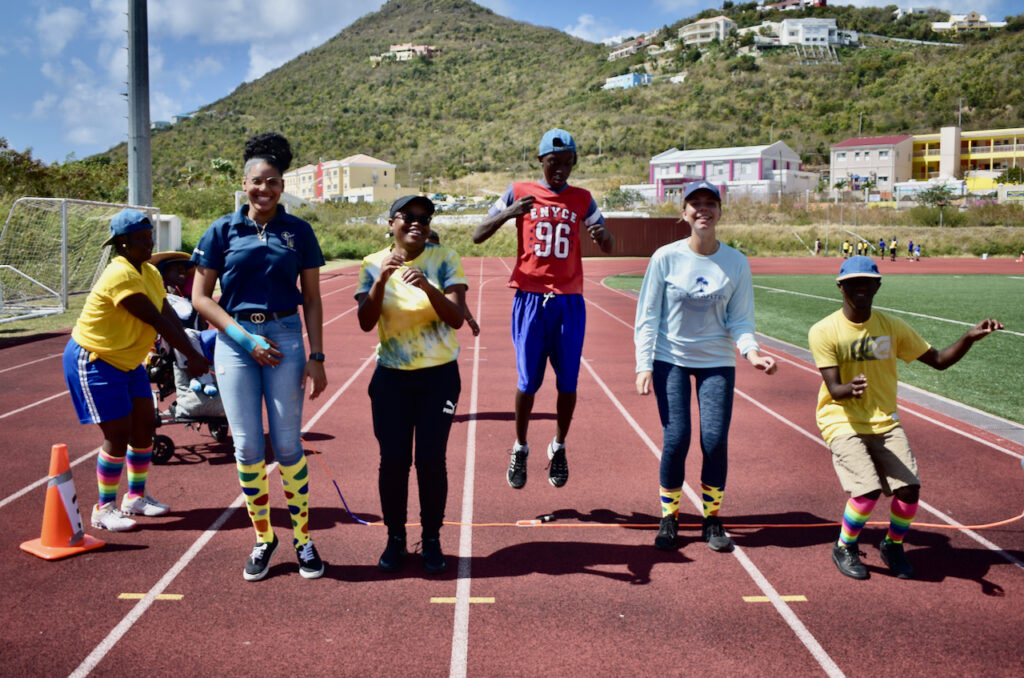
Are all children allowed access to your services at the SBC?
Mimi: “The SBC is a facility for children with (severe) cognitive impairments. We have a testing process that our clients go through to see if they ‘fit’ in with us. There are also children with disabilities that fit into a special education setting, such as at the Prins Willem Alexander or Excellence Learning Academy. Or there are also children with disabilities that can attend regular school.
The latter can be difficult due to a lack of policies within schools to help include children with disabilities. There are also children that ‘fall through the cracks’ either because they don’t have legal paperwork, or their guardians don’t take the needed steps to enrol them.”
“Children with disabilities are more vulnerable, because they can be more easily manipulated”
Why is it essential to be able to place children at the SBC?
Mimi: “We are the only facility that provides fulltime care for children with (severe) cognitive impairments. They would otherwise not be able to get the proper care they need. It likely means that their family would have a tough time taking care of them, resulting in a highly stressful situation for both the child and parents. This can also result in neglect or other abuse.”
Why are children with disabilities more vulnerable?
Mimi: “They are more easily manipulated due to their lower IQ or physical impairments. It can be harder for them to figure out what is right and wrong for those around them or themselves. This makes it easier to be preyed on.”
What are some common misconceptions about children with disabilities?
Mimi: “That they need to be treated differently. However, their needs are pretty much the same as other children. They need consistency and love from their parents/guardians. They go to school, have to eat their vegetables, exercise daily, and have consequences if they misbehave.”
Eridania: “Often, people think they cannot perform tasks independently, resulting in people doing everything for them. However, they can learn to do chores, and they can express what they want and what they like – you just have to listen a bit differently at times.”
“Feelings can be expressed in various ways. When our clients are happy, they might smile at you, hold your hand, or call out to you with a loud sound”
What do you mean by listening differently?
Eridania: “Children with disabilities have the right, as all other children, to express their opinion and wants. However, some of my clients cannot talk. We work together to figure out how to communicate better. For example, one of my clients uses pictograms (cards with pictures) to communicate.”
Mimi: “Feelings can also be expressed in various ways. When our clients are happy, they might smile at you, hold your hand, or call out to you with a loud sound. You have to get to know the person, which is valid for everyone.”
Can you tell me a personal story about a client that has touched you?
Eridania: “One of my youngsters did not come to our centre for a long time due to the pandemic. To encourage him to join us again, I did a home visit. I had not realized how complicated his home situation is. His parents are trying their best, but they don’t have many resources. I became more aware of how vital the SBC is. We also have a food pantry, workshops, and ambulant worker that does home visits to support families. Our clients look forward to joining us. We provide a safe space, which some clients don’t have.”
What is the most important skillset you must have when working at the SBC?
Mimi & Eridania: “PATIENCE! And lots of love.”
How can we improve the rights of children with disabilities on Sint Maarten?
Mimi: “Some of the laws and policies need to be adapted to be more inclusive of persons with disabilities. This should also make it possible and easier for children who are cognitively able but have physical impairments to go to regular school. At the moment, due to conflicting school policies, this can be difficult.”
Eridania: “Awareness campaigns to increase the knowledge of the public about people living with disabilities. There should also be more financial support for those that have (or take care of a person with) a disability.”
“We struggle with finding employers willing to employ our clients. Some of our clients can work and want to be productive members of our community”
How can the community help children with disabilities?
Mimi: “General acceptance of our clients in the community. At the moment, we struggle with finding employers willing to employ our clients. Some of our clients can work and want to be productive members of our community.”
Eridania: “It would also be nice to see more places that are wheelchair friendly and people being more inclusive of those with disabilities by considering them in public events. A smile and empathy are nice, but active participation with and the inclusion of our clients is what they really need.”Mimi: “People come in all different colours, shapes and sizes. We all should have equal rights. Persons with disabilities did not ask to be in the position they are in. They deserve respect and to be given the same opportunities as others in our society. As a community, and with your help, we can help make this happen!”
